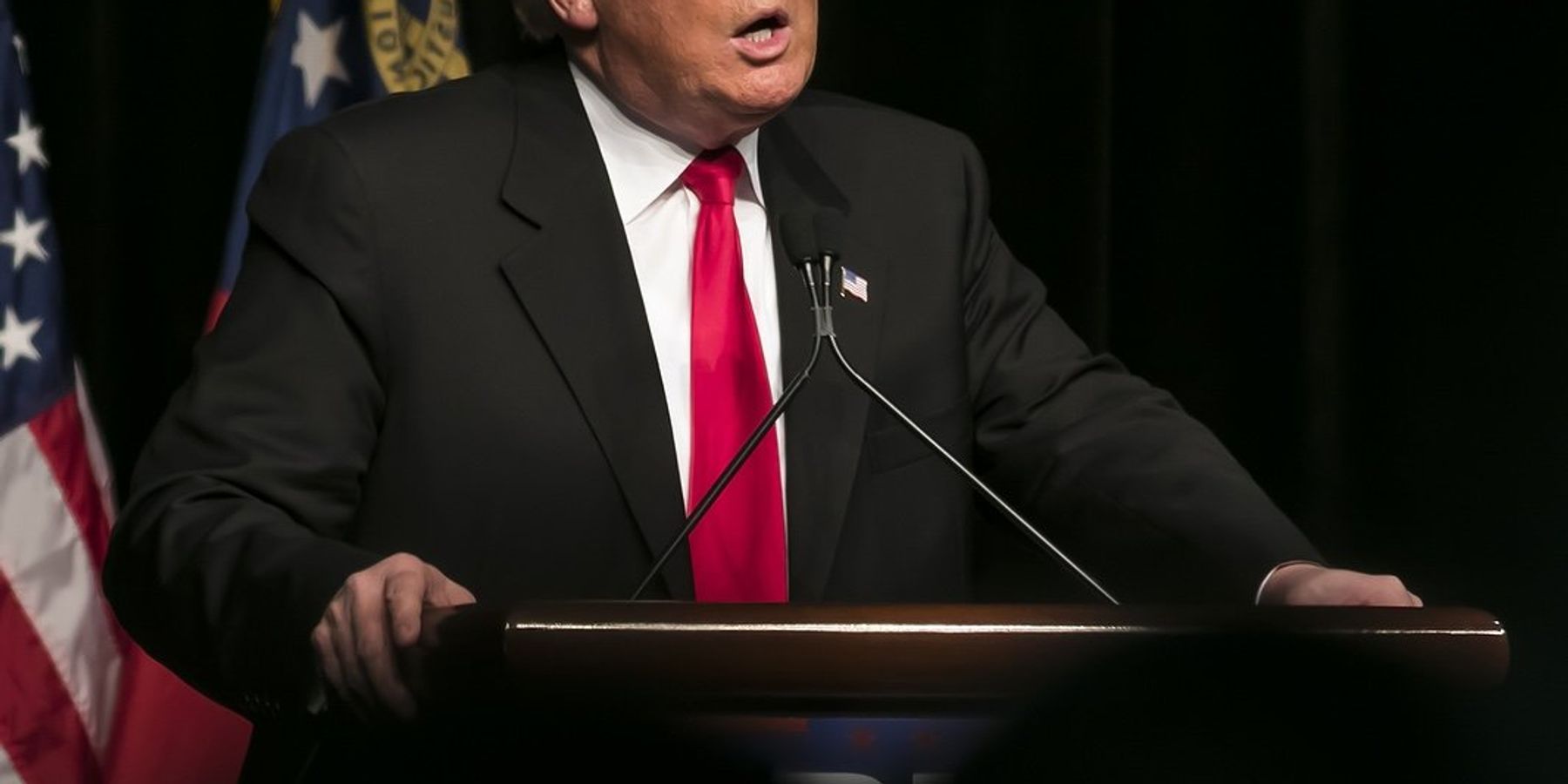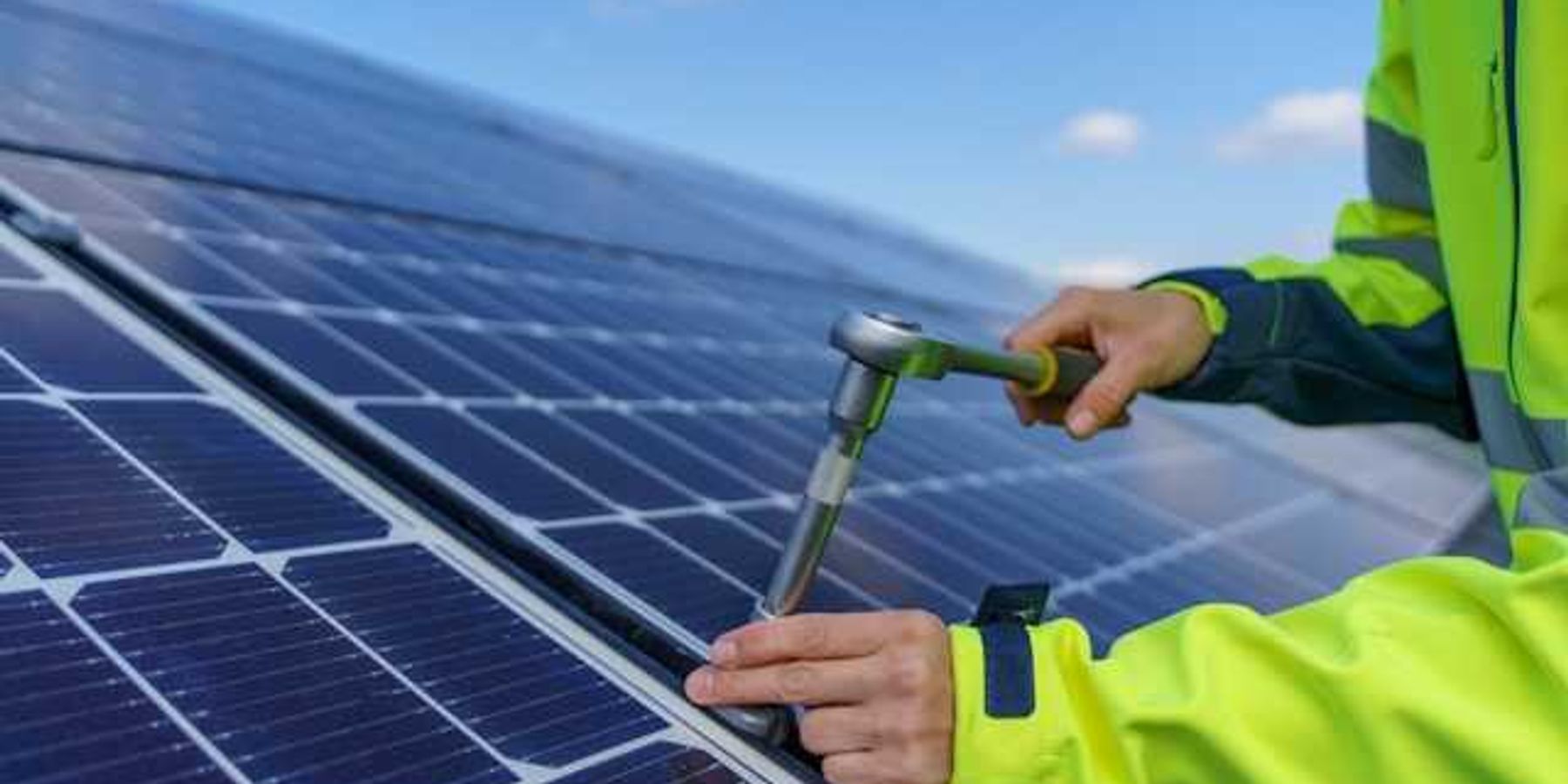climate reparations
The US must acknowledge climate debt to protect vulnerable nations
To mitigate the impact of climate change, wealthy nations like the U.S. need to take responsibility and provide reparations to countries most affected by global warming.
In short:
- Thirty-three years after the Chantilly climate conference, global temperatures and emissions have risen dramatically, causing severe environmental crises.
- The Alliance of Small Island States (AOSIS) proposed a framework for climate reparations in 1991, which remains relevant but has yet to be fully implemented.
- Despite some progress, wealthy nations, including the US, have largely failed to make significant commitments to climate reparations.
Key quote:
"The very existence of low-lying coastal and small vulnerable island countries is placed at risk by the consequences of climate change."
— Alliance of Small Island States (AOSIS) delegates.
Why this matters:
Addressing climate debt is crucial for preventing the collapse of vulnerable nations and ensuring global stability. Ignoring these obligations could lead to severe worldwide consequences, including increased migration and geopolitical instability. Read more: Scientists probe ancient history of the East Antarctic Ice Sheet and find unsettling news about sea level rise.
A new climate fund aims to aid developing countries
The new UN Loss and Damage Fund aims to be a game-changer in climate finance by providing quick and direct relief to regions affected by climate disasters like floods, droughts, and heatwaves.
In short:
- The new climate fund board will include 14 members from developing countries and 12 from developed nations, with the World Bank acting as its temporary host.
- Concerns persist regarding the World Bank's history and potential influence, though progress has been made toward meeting UNFCCC conditions.
- With no clear funding goal set, the fund is expected to raise substantial amounts and has received pledges totaling $661 million so far.
Key quote:
“If you don’t have a vision of a trillion dollar fund, if you create a fund which is just channeling a couple of millions, sorry, it’s a disrespectful waste of time.”
— Harjeet Singh, Fossil Fuel Non-Proliferation Treaty Initiative
Why this matters:
The fund represents a pivotal shift toward addressing climate damage in developing nations, which have contributed the least to climate change but face disproportionate consequences. Read more: Mourning family and climate change in the age of loss and damage.
New climate reparations fund embarks on challenging setup phase
A new global climate reparations fund begins its intricate setup, aiming to address damages faced by developing nations due to climate change.
In short:
- A 26-member board is convening to establish operational guidelines for the UN's loss and damage fund.
- Key decisions include selecting a host country, defining recipient eligibility, and determining the World Bank's role as a potential fund manager.
- Initial disagreements have emerged over the World Bank's conditions for managing the fund, complicating the process.
Key quote:
“There’s sort of the elephant-in-the-room question, which is when is the fund actually going to get meaningful amounts of money.”
— Brandon Wu, director of policy and campaigns, ActionAid USA
Why this matters:
The anticipated guidelines will likely grapple with equitable distribution of resources and the prioritization of projects. This goes beyond mere fiscal responsibility; it's about carving a pathway to resilience for communities that have borne the brunt of a warming planet without contributing significantly to its cause. There's a palpable hope that the fund, once operational, will not only compensate for losses but also fortify against future damages, incorporating health considerations as part of its environmental calculus.
Op-ed: Mourning family and climate change in the age of loss and damage.
The World Bank is running the first-ever climate reparations fund. Nobody is happy about it
Climate reparations are becoming a reality. Here’s what they could look like.
Rich nations behind on promises of climate aid for poor countries
Rich countries with high greenhouse gas emissions could pay $170tn in climate reparations
Proposed compensation would be paid to developing countries that must transition away from fossil fuels.









